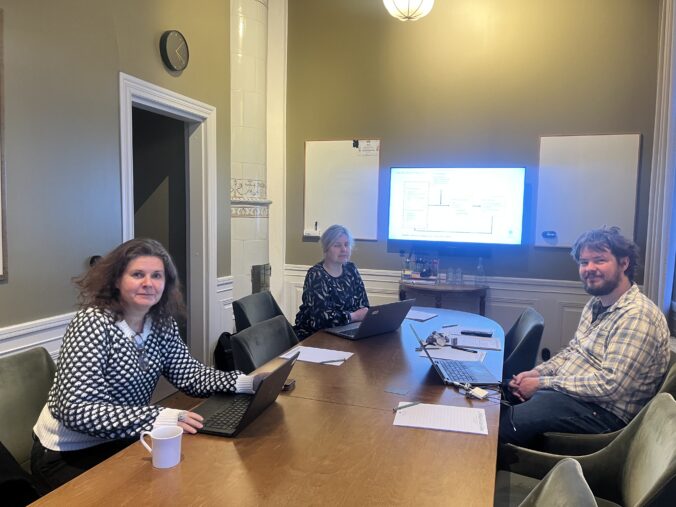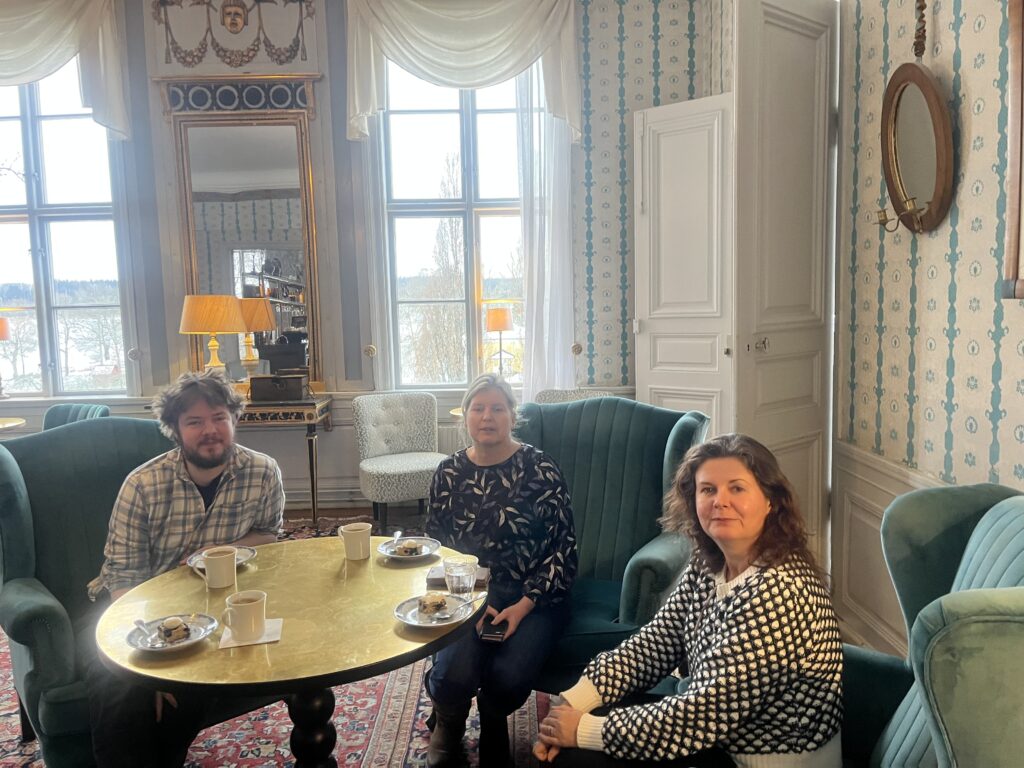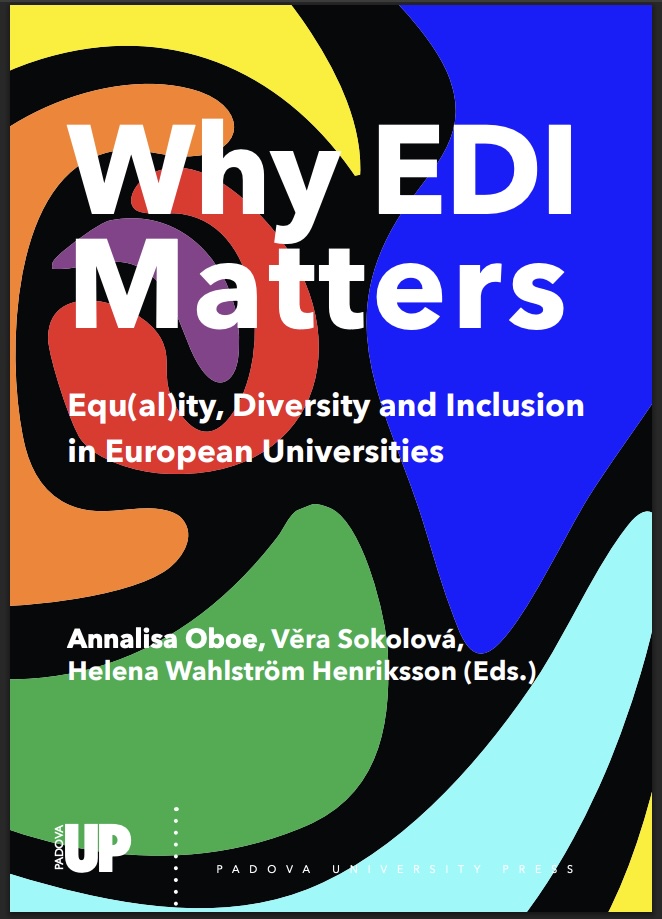Artificiell intelligens och AI-baserade chatbots lyfts ofta fram som en lösning på vårdens informationsbrist och resursutmaningar. Men hur upplevs dessa teknologier av dem som faktiskt befinner sig mitt i en cancersituation?
I en studie presenterad på Medical Informatics Europe Conference 2024 i Aten undersöker Awais Ahmad, Shweta Premanandan, Åsa Cajander, Ulrica Langegård, Ece Uereten och Ylva Tiblom Ehrsson hur närstående och vårdpersonal ser på användningen av AI-baserade chatbots inom vård av personer med huvud- och halscancer.
En tydlig tvekan
Studien bygger på sex fokusgrupper med 15 närstående och 13 vårdprofessionella från tre svenska universitetssjukhus. Resultaten visar en tydlig och utbredd tvekan inför att använda AI-chatbots i detta sammanhang.
Det som återkommer är:
- En stark preferens för mänsklig kontakt i känsliga situationer
- Misstro mot chatbotens medicinska information
- Negativa tidigare erfarenheter av generiska och opersonliga svar
- Oro för bristande anpassning till individens specifika situation
När det handlar om cancer, behandling och komplikationer vill man tala med en människa. Inte med ett system.
Teknikoptimism möter verklighet
AI-utvecklingen går snabbt och tekniken marknadsförs ofta som ett självklart stöd i vården. Men denna studie visar något viktigt: acceptans kan inte tas för given.
Endast en av de närstående uttryckte tydlig vilja att använda en chatbot, och det var en person med hög IT-kompetens och god förståelse för tekniken.
För de flesta handlade det istället om tillit. När vårdsituationen är komplex och emotionellt laddad räcker det inte med korrekt information. Relation, empati och möjlighet till dialog är centrala.
Vad betyder detta framåt?
Relationen mellan människa och AI är komplex, särskilt i vårdkontexter där sårbarhet, osäkerhet och existentiella frågor är närvarande.
Den här studien är en påminnelse om att vi måste undersöka intention att använda, tillit och upplevd meningsfullhet innan vi implementerar AI i praktiken.
AI kommer att spela en roll i framtidens vård. Men hur, när och på vilka villkor är fortfarande en öppen fråga.
Och det är just där forskningen behövs!
Referens
Ahmad, A., Premanandan, S., Cajander, Å., Langegård, U., Uereten, E., & Tiblom Ehrsson, Y. (2024). A qualitative study with informal caregivers and healthcare professionals for individuals with head and neck cancer on the usage of AI chatbots. In J. Mantas et al. (Eds.), Digital health and informatics innovations for sustainable health care systems (Proceedings of the 34th Medical Informatics Europe Conference, MIE 2024, Athens, Greece, 25–29 August 2024, pp. 751–755). IOS Press.











